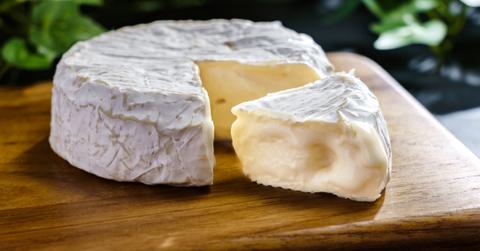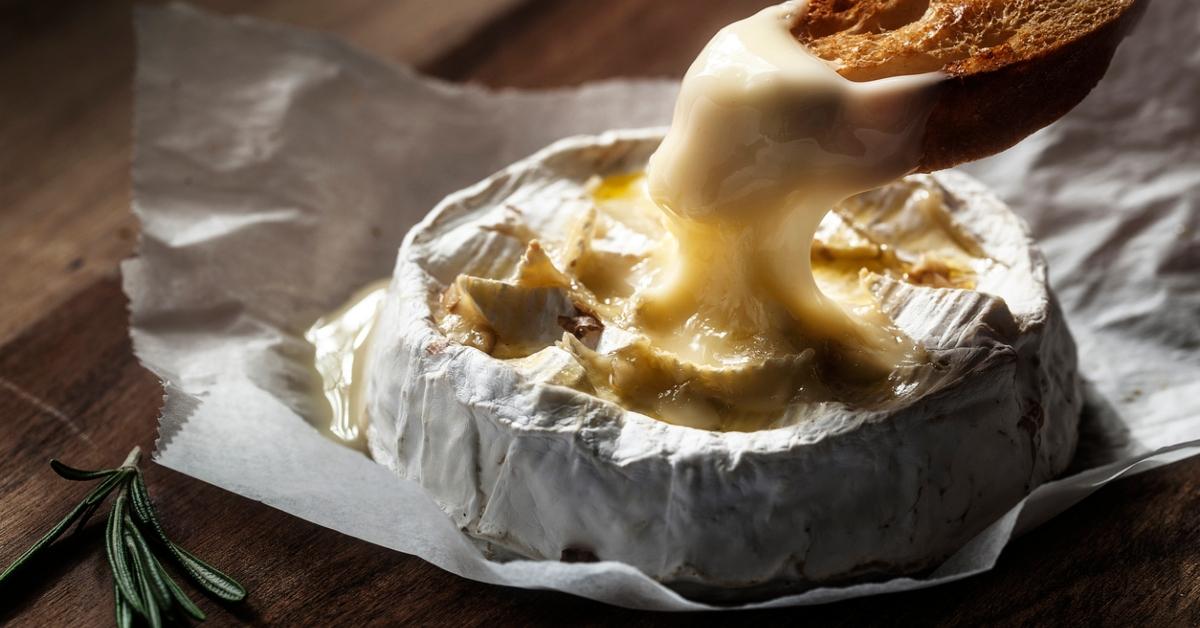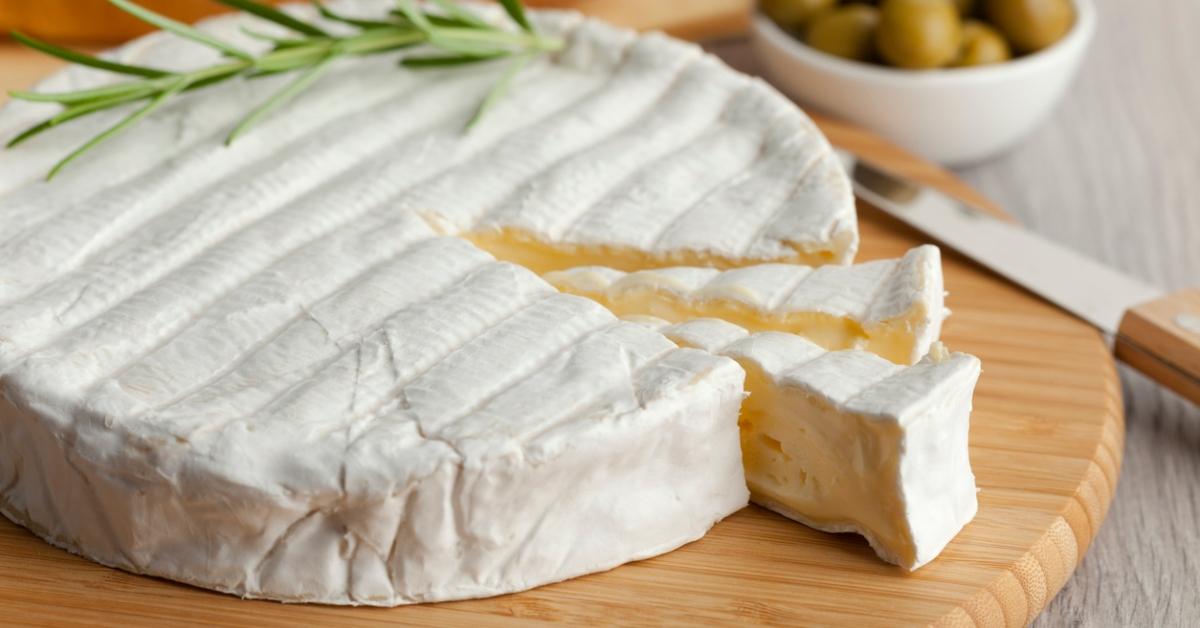Where Did the All the Brie Go? French Cheeses on the Verge of Extinction
It sounds weird, but some cheeses may be going extinct, and many people—especially the French— are worried about what this could mean.
Published May 1 2024, 10:28 a.m. ET

I think it’s safe to say that cheese is one of the most beloved foods on the planet. From pizza and mac and cheese to the elegant charcuterie board, it appears in many forms and flavors across cultures. Cheese is so beloved that even those following a vegan lifestyle have carefully formulated vegan cheeses to achieve the same look and flavor — without harmful dairy production.
To the French, cheese is more than just a food. Cheese is a cultural symbol in France and some eat it daily. Cheese is also a core component of the country’s culinary history. However, some French cheeses could be disappearing, even to the point of extinction. What does it mean when cheese goes extinct!? Keep reading to find out.

Is cheese going extinct?
While cheese as a food group is not going anywhere, some French cheeses could be facing extinction, including Camembert, brie, and some blue cheeses.
This major culinary loss results from declining microbial diversity in the bacteria and fungi that turn milk into cheese. According to Vox, each type of cheese, including the beloved Camembert, has its own microbial ecosystem that gives it a unique flavor, texture, and smell. So, when these fungi and bacteria start to disappear, so could the cheeses.

Is Brie cheese going extinct?
Brie cheese is one of the French cheeses that could be facing extinction. Brie and Camembert were created from the fungi strain Penicillium biforme, which produced mold strains with slightly varied tastes, smells, and colors. However, once cheesemakers came across a fungi strain that looked and tasted better than the rest, Penicillium camemberti, they worked to replicate it.
The P. camemberti fungi is not found in the wild, has been cloned over and over has become the sole fungi strain for Camembert and brie cheeses, and has led the previous variable P. biforme strains to disappear, per Vox.
It’s unclear why, but P. camemberti can’t reproduce sexually and, therefore, has to be cloned by cheesemakers. However, this process eliminates genetic diversity in fungi strains and has resulted in mutations, including the inability to produce asexual spores. The fungi strain supporting these culturally significant cheeses, such as brie and Camembert, could disappear without these spores, per Smithsonian.
Is Camembert cheese illegal in the US?
Camembert cheese produced from raw milk is banned in the U.S., and only Camembert using pasteurized milk is available in stores. Camembert made with raw milk is usually labeled as Camembert de Normandie and is made from raw cow’s milk from Normandy, per Daily Meal.
However, this is not only the case for raw Camembert cheese. The U.S. has strict regulations regarding the shipment of unpasteurized milk and cheese, per Food & Wine. According to the Centers for Disease Control and Prevention (CDC), while raw milk is legal in some states, interstate distribution of raw milk is against federal law.
Regarding the shipment of raw milk cheese, the U.S. requires at least 60 days of aging, and a clear indication that it is unpasteurized. According to Food & Wine, raw milk Camembert and brie cheese go bad after about ten days, meaning they can’t meet the 60-day aging requirement to enter the U.S.